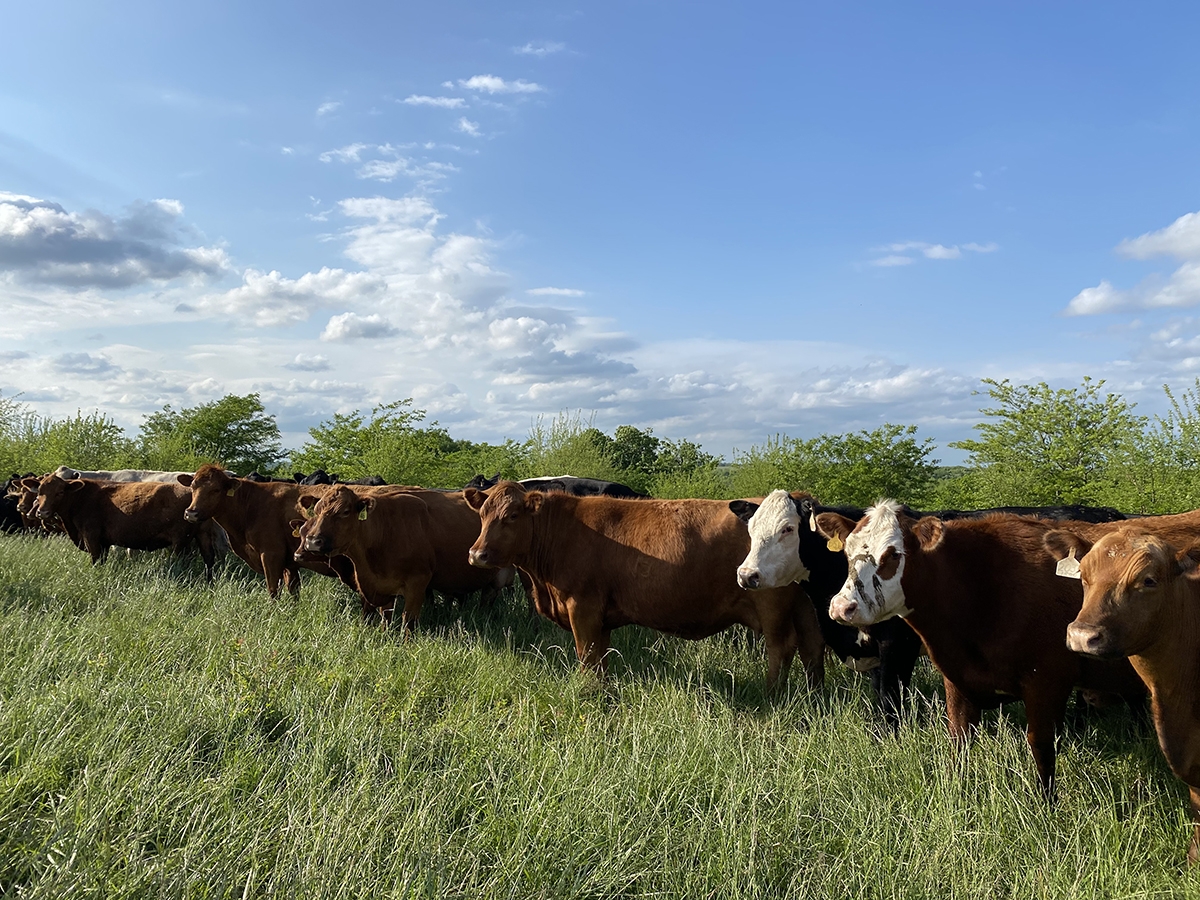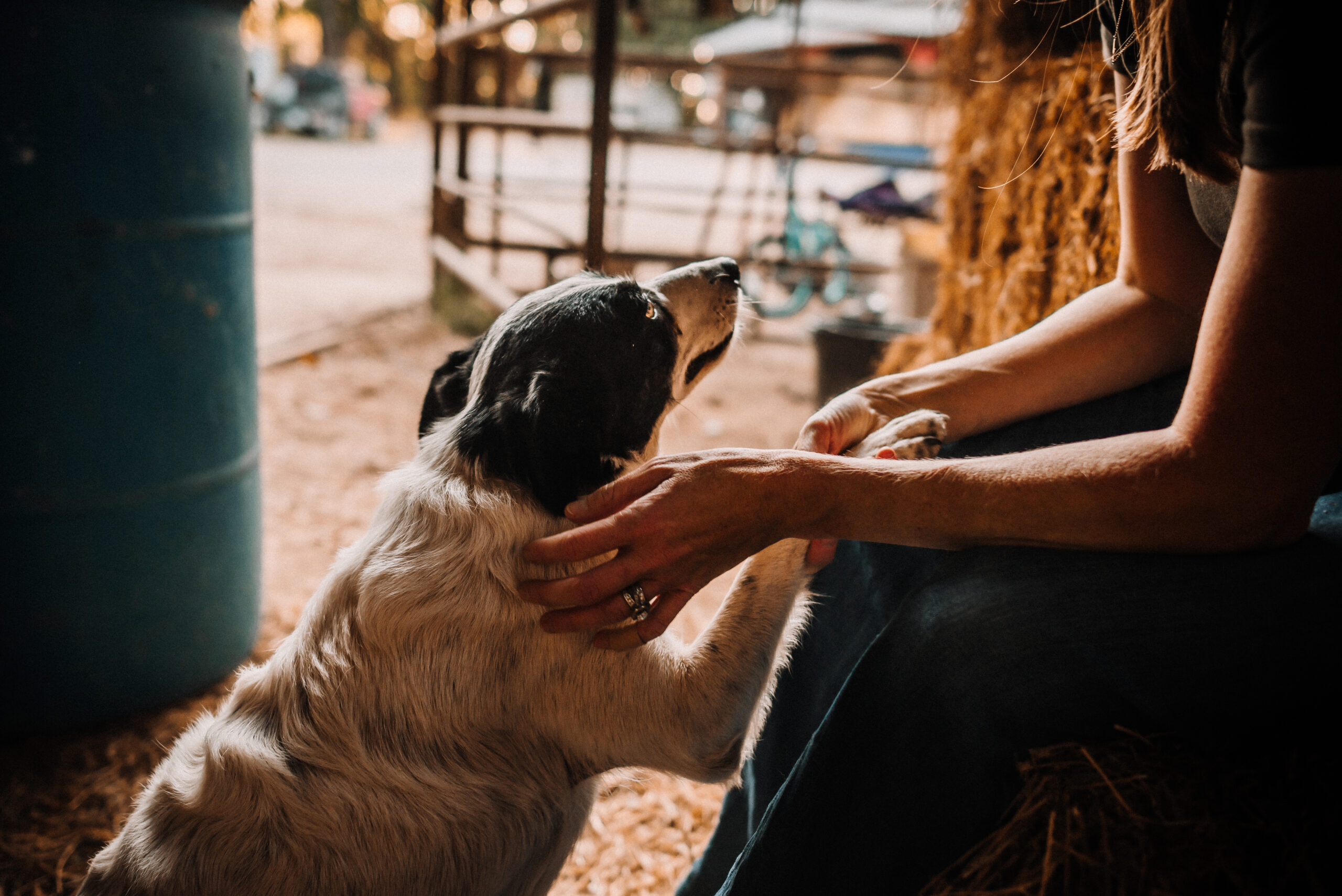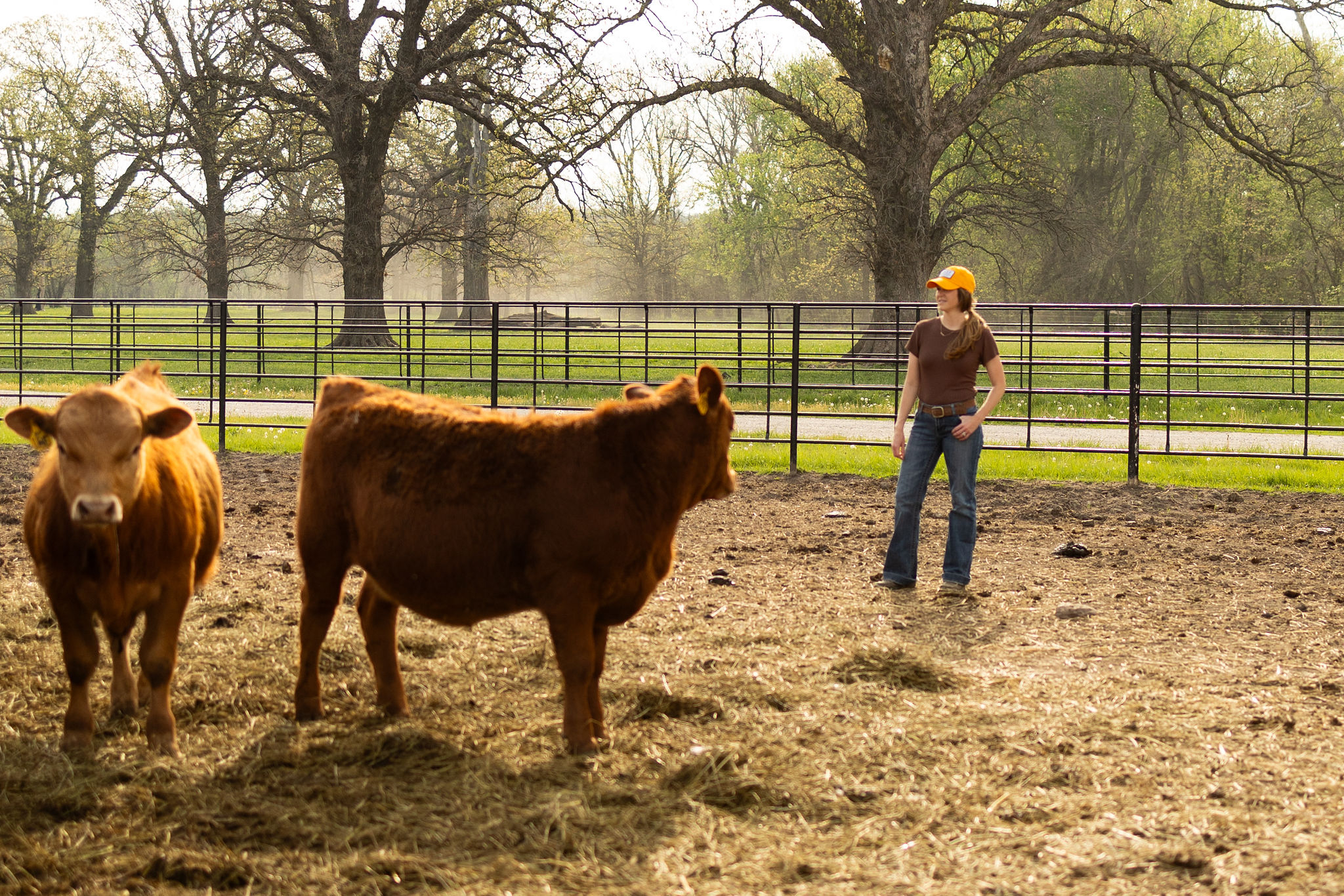Dear Mr. Burger King (or should I call you King Burger?),
I’m a cattle rancher and although I probably have ample reason to be offended and mad, I’m not here to boycott or cancel your burger chain. However, I saw a few things in a recent commercial that did give me pause. Can we chat for a few?
First off I must say, and I don’t think you’ve probably heard this yet but, THANK YOU FOR KEEPING BEEF ON YOUR MENU. Beef is a good or excellent source of 10 essential vitamins and nutrients that aid in brain development for babies, fueling active lifestyles and providing lean protein in a positive way to diets around the world. Beef is part of our culture and I am thankful that you will continue to serve it to your customers.
Secondly, I also give you big props for acknowledging that your chain has a potentially harmful environmental impact and for taking steps to help preserve our climate for future generations. And, other than the factually inaccurate content, the commercial did a great job of grabbing my attention. Little kids, choreographed movements, catchy tune – you hit the nail on the head of how to make a big splash. However, I think you missed the mark on some of the sources for your commercial.
For example, our best source for environmental science comes from the U.S. Environmental Protection Agency which states that less than 2% of GHG emissions come from cows. Agriculture as a whole, aka the industry that feeds 330 million people in the U.S., is only responsible for 10% of GHG emissions nationwide. Isn’t that awesome?! An industry that every single person in the U.S. uses daily only emits 10% of our nation’s GHG emissions. I think that is a phenomenal story of efficiency, environmental awareness and sustainability.
You might be thinking, “yeah but, cows emit methane which is more potent than CO2.” And yes, you are correct in that thinking however, let’s dive a bit deeper into methane vs. CO2.
Our earthly environment touts a biogenic carbon cycle in which methane is necessary. Plants break down carbon dioxide, deposit it into plant leaves, stems etc. (aka cellulose) and then release oxygen into the air. Cattle are key in this cycle because they consume cellulose material that humans can’t and convert it into a healthy protein. When cattle burp out methane, they return the carbon sequestered by the plants into the atmosphere. After about 10 years, the methane breaks down and converts back to CO2. Then the process of photosynthesis, oxygen release and plant consumption starts again. This is part of the natural cycling of carbon through the biogenic carbon cycle and it is a perfect system that we humans have disrupted.
The biogenic carbon cycle is relatively fast, only about 10 years. Alternatively, carbon exchange between the atmosphere and the soil can take up to 1000 or more years. Plainly speaking, it takes 1000 years for CO2 released from the burning of fossil fuels (aka planes, trains, automobiles and factories) to be redeposited back into geological reserves. That’s 100 TIMES longer than methane from cows to get back to it’s original plant matter source. The burning of fossil fuels has a much larger and longer impact on our climate than cattle burps.
Climate change is a big problem because our jet-setting and high-mileage lifestyles have led to a huge amount of CO2 in the atmosphere that isn’t being used. As I mentioned, cattle are responsible for only 2% of GHG but transportation is responsible for nearly 30%. That’s almost a THIRD of all nationwide GHG from our travel choices. Throughout this COVID-19 pandemic, flights and car trips have been cut dramatically and we’ve seen an increase in air-quality worldwide. Do you know what hasn’t decreased during this time when we have seen *cleaner* air? Cow burps. Yes, cows are still burping while planes and cars aren’t moving and the air is better. It doesn’t take a rocket scientist to see that cows aren’t the problem!
Burger King, I do appreciate you caring about our environment – I do too! I live in the middle of miles of green grass and blue skies and I want our air and land preserved for my daughter and future grandchilden. That’s why we pay attention to scientific research that helps us feed and care for our cows in ways that don’t negatively affect the environment. We practice rotational grazing on our ranch to preserve the grasses, improve water holding capacity of the soil and improve overall soil health. We also feed biofuel by-products called dried distiller’s grains, which are a great source of protein and energy, to our cows. If we didn’t use these DDGs for animal feed, they would be wasted from the production of ethanol. These are just a few ways we work to improved beef sustainability on our ranch.
I applaud you for looking at the diets the cattle in your supply chain consume but have you thought about other ways you can improve your environmental footprint? Here’s a few things that come to mind:
- Food waste is a HUGE environmental issue. When food is thrown out all of the resources used to raise and process it are thereby wasted too. We waste 40% of our grocery store-purchased food in the U.S. – how much of your food is thrown in the trash due to too large portion size or food that can’t be used due to expiration dates. Have you researched how extra buns could be donated to a food shelter or expired pickles could be used to feed livestock? We all need to do our part to reduce food waste.
- Plastic is everywhere and it gives me anxiety to think about how many trillions of pounds of plastic are dumped into landfills or the ocean every year. Have you looked into how plastic packaging can be improved or changed out in your restaurants? Does Burger King recycle cardboard boxes or support environmentally friendly packaging initiatives?
- Lastly, and this one is such a glaring issue I can’t believe I have to say it, but drive-thrus are not environmentally friendly! Five to 10 vehicles idling for five minutes (or more, if we’re being honest) absolutely does not help our environment. Have you thought about closing drive-thrus down for a few hours each day? I realize doing so completely would totally hurt your business plan (we both still have to be profitable, after all) but what if the drive-thru was closed from 9 – 11 am and 2 – 5 pm? That would certainly have an impact.
Like I said, you are on point with caring about sustainability. But please, before you make drastic and unnecessary changes to your supply chain, could you please consult with an agriculture scientist or farmer/rancher who can answer your questions using real data about the effects of cattle? I’d love to chat with you about all the many ways we work to conserve our resources while raising nutritious beef out here in God’s country.
~Until next time~
Brandi Buzzard
Kansas cattle rancher
Want posts in your inbox? Sign up on the homepage for automatic delivery – no spam emails, ever. Additionally, if you want a behind the scenes look at ranchlife, rodeo, parenting and all sorts of other fun stuff, follow my Instagram account @brandibuzzard.
*An earlier version of this post quoted that 9% of US GHG were attributed to agriculture, that number has been updated to 10% to reflect accurate EPA numbers. All numbers are pulled from the EPA’s Inventory of U. S. Greenhouse Gas Emissions and Sinks. U. S. Environmental Protection Agency, Washington, D. C.




